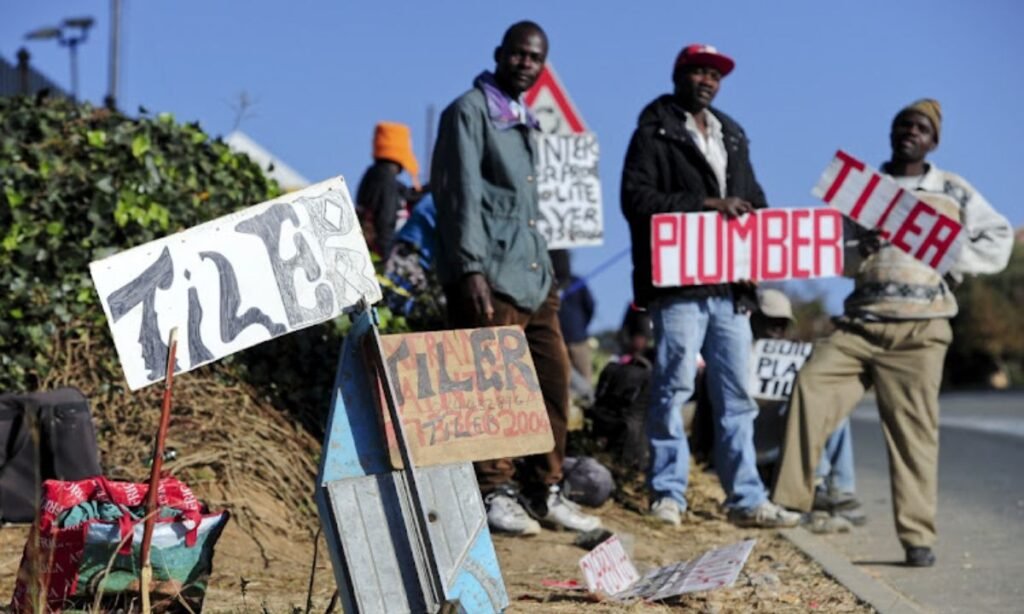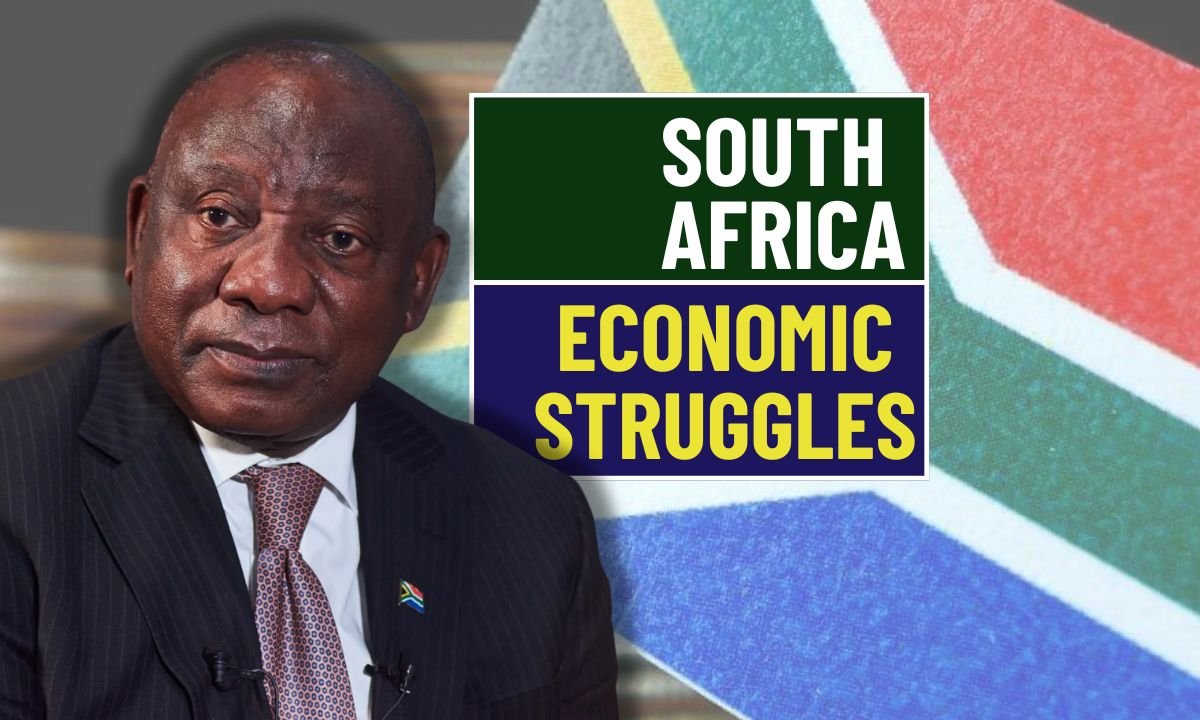South Africa continues to grapple with entrenched structural problems that weigh heavily on its economy. Despite being Africa’s most industrialised nation, the country remains vulnerable to unreliable electricity supply, governance deficiencies, and political volatility. These longstanding issues not only hinder domestic economic growth but also impact investor sentiment, crucial for managing the nation’s mounting debt and borrowing costs.
Investor Confidence Faces Mixed Signals
Investor participation in South Africa’s bond market has remained relatively stable, buoyed by a weakening US dollar and improving foreign interest in local assets. Non-resident holdings of South African bonds rose to 25% by March 2025, marking their highest levels since October. However, the overall performance of domestic currency bonds has been lacklustre, trailing behind emerging market benchmarks. While hard-currency bonds have fared better than those of Sub-Saharan African peers, uncertainties linger around future investment inflows.
Political Turbulence Clouds Economic Prospects
Political developments since the 2024 elections, which forced the African National Congress (ANC) into coalition with opposition parties, initially boosted market optimism. But tensions within the coalition surfaced quickly, especially between the ANC and the Democratic Alliance, creating fresh doubts about the alliance’s stability. Such political frictions raise concerns about South Africa’s ability to maintain coherent economic policy, a crucial factor in reassuring global markets.
Global Risks Compound Domestic Challenges

Adding to the uncertainty, potential shifts in US trade policies pose significant risks. Analysts have warned that increased tariffs or a rollback of trade preferences like the African Growth and Opportunity Act (AGOA) could negatively affect South Africa’s export sectors. Though the US accounts for just 8% of South African exports, sectors such as agriculture and retail would suffer disproportionately under a worst-case scenario, potentially disrupting the fragile economic recovery.
Efforts Toward Fiscal Reform and Market Reassurance
Despite the bleak outlook, there are signs of resilience and attempts at reform. The South African Treasury reported better-than-expected revenue collections for 2024/25, which helped reduce the main budget deficit. Engagements with investors and rating agencies are ongoing, and there is cautious optimism that continued fiscal discipline and structural reform could stabilize the outlook. An upcoming review by S&P Global Ratings in May may determine if the country’s progress warrants a long-awaited ratings upgrade.
A Delicate Balance of Hope and Caution
While South African policymakers stress that recent political drama has not altered their commitment to reform, the path forward remains uncertain. Economic experts warn that sustained growth will depend not only on managing domestic issues but also on adapting to a volatile global environment. With ongoing challenges in electricity, governance, and political cohesion, South Africa’s economic journey in 2025 is one of cautious progress balanced precariously between hope for renewal and the weight of structural legacy.

